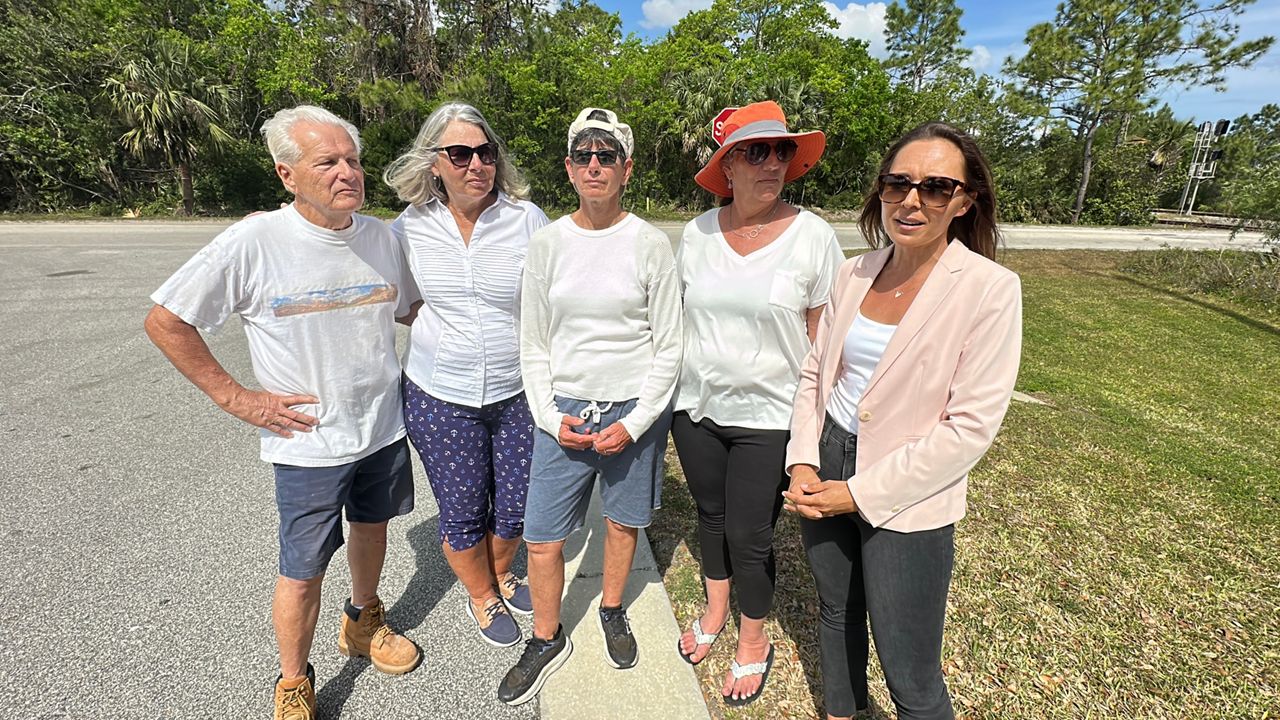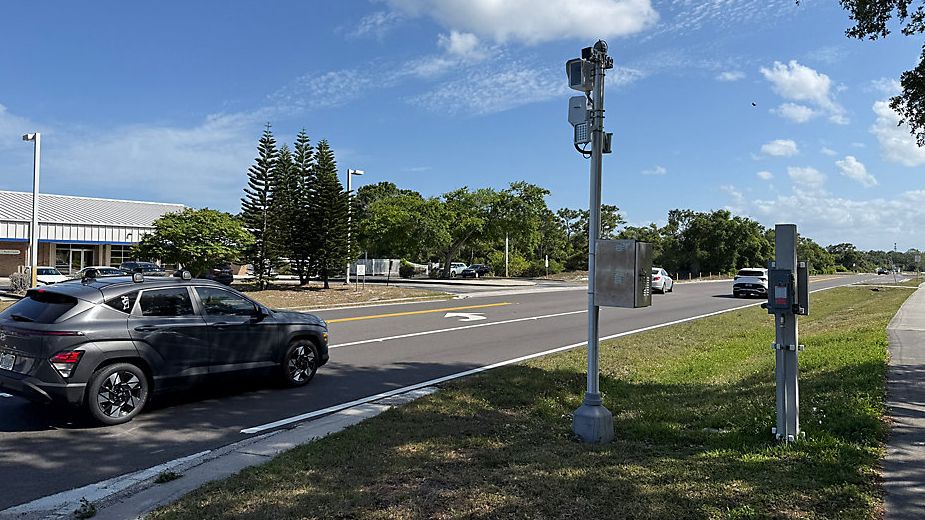ORLANDO, Fla. — Despite getting more than a majority of Florida voters’ support in the November 2024 election, Amendments Three and Four, the legalization of recreational marijuana and the limiting of government interference on abortion, both failed.
Ballot amendments in Florida require 60 percent of voters to approve them. And now, Gov. Ron DeSantis wants to enact more requirements for citizen-led constitutional amendments to get on the ballot.
What You Need To Know
- Governor Ron DeSantis wants to enact more requirements for citizen-led constitutional amendments to get on the ballot
- The Governor’s proposals include eliminating the third-party collection of petition forms required to get an amendment on the ballot
- Petitions would have to be submitted directly to a supervisor of elections office in person or through the mail
- The changes would also make it a third-degree felony for anyone to pay or get paid for either signing or not signing an amendment petition
The governor’s proposals include eliminating the third-party collection of petition forms required to get an amendment on the ballot. Petitions would have to be submitted directly to a supervisor of elections office in person or through the mail. The changes would also make it a third-degree felony for anyone to pay or get paid for either signing or not signing an amendment petition.
The new proposals would also require the state attorney general to prepare a disclosure that identifies what Florida laws would be repealed if the amendment is approved by voters.
The debate over women’s reproductive rights continues often outside a women’s clinic near downtown Orlando. People on both sides of the abortion issue often confront each other as patients walk in and out of the clinic.
Anti-abortion advocates there say Florida’s six-week abortion ban isn’t enough. They believe life begins at conception, and they want to connect with women coming into the clinic.
“Our hope is to let them know that they’re not alone, that there are people that truly care for them, love them, and will do whatever it takes to help them,” said Tony, who did not want to disclose his last name.
People on both sides of this debate wanted to keep their legal last names private due to threats they claim they get from those who don’t agree with them.
Members of Swan Orlando use umbrellas to shield women walking into the clinic. They believe women should have a choice when it comes to their reproductive rights.
Despite Amendment Four’s defeat, they’re hoping voters will have another chance to decide on the issue.
“And hopefully if they do get it on there again, we can mobilize to get to that 60 percent,” said Simon.
But Simon believes further requirements and changes to the amendment process are only designed to limit the power of the people.
“DeSantis was not a fan of either of those, and didn’t want those on the ballot, so now he’s trying to do stuff like this so stuff can’t get it on the ballot and so what the general public wants can’t be pushed through, which is terrible, the people should have a voice and say in that,” said Simon.
Mone Holder is the chief advocacy and political officer for Florida Rising, an organization that helped collect more than a million signed petitions from Florida voters to get Amendment Four on last November’s ballot. She says the changes will make the citizen-led amendment process more difficult.
“It’s really, really disheartening, it’s an attack on Democracy,” said Holder. “But if it were to get to that point, we would be prepared to educate, mobilize, and motivate folks to do what we need to do to gain back our power in the state.”
Tony believes voters should have the chance to weigh in on proposed changes to state law. But he likes the idea of making changes to the process.
“If someone is signing a petition, we want to make sure they’re truly signing it and that’s truly what they want and they truly understand it and the language makes sense and it’s not being deceptive,” said Tony. “I think these are all good things.”











